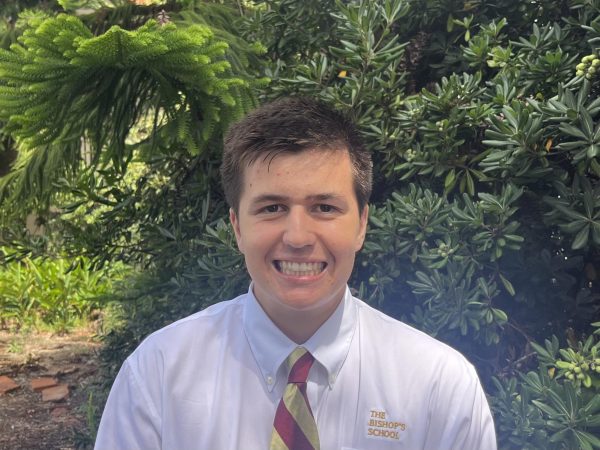On October 28th, during the University of California, Berkeley (Cal) and University of Southern California (USC) football game, as a Cal player was lying on the ground due to an injury, the USC crowd yelled, “U-S-C! U-S-C! U-S-C!” As both teams’ players took a knee for the fallen player, Cal fans began yelling and swearing at the USC crowd.
This was similar to a viral video from the University of Alabama’s (UA) first home game against the University of Texas (UT) on September 9th of this year. After the Longhorns (UT) had completed their redemption victory over the Crimson Tide (UA), a group of African-American Texas players were celebrating on the sidelines, and fans of Alabama yelled a slew of homophobic and racist slurs. This prompted the University of Alabama to condemn the fans to ABC News, calling their actions “disgusting,” “inappropriate,” and “vile.”
These two incidents highlight the intense spectators that collegiate athletes deal with when they compete. This problem often occurs in high school sports as well, according to Sofia Holman (24’) and Dane Jorgenson (24’). Both Sofia and Dane have experienced that fans can be brutal and unforgiving but they were not deterred from competing. Sofia, the captain of the Girl’s Water Polo team, said, “I think that [high school sporting events] are a place where students will be students, and part of the game is dealing with people saying things you don’t want to hear.” Surprisingly, Dane, a member of the Boy’s Varsity Lacrosse team, likes the ribbing from opposing fans, and said, “I kind of like [hearing the heckling], I think it shows that the fans are passionate, and it is almost like they are competing.”
However, both Dane and Sophia know that the fans can go too far. Sofia said, “This one girl, she got heckled at because some people in the crowd knew her ex-boyfriend…and there were some comments about why he doesn’t love her.” Dane has seen similar instances. He said, “There’ve been some pretty bad comments… especially after a big hit, I’ve heard some comments like ‘Hey, you okay after that (in a taunting manner)?’”
Dane emphasized the importance that schools “… keep the dialogue of their fans respectful.” When asked about solutions, both Sofia and Dane gave a concise yet effective one. They both said that the school and the California Interscholastic Federation (C.I.F.) officials must be active at their sporting events. Sofia said, “It is the kind of issue where the administration could get involved. I think that security guards or people in power telling students that it’s not okay is important.”
Coach Shane Walton is the head football coach and the Director of Student-Athlete and Coaching Development at the Bishop’s Athletic Department. The Department asks fans to “…be mindful of the School’s core values when attending athletic events,” in their “Bishop’s Fans Commitment to Core Values.” Coach Walton affirmed that they have held their fans up to that standard. He said, “If you notice at any home game that we have, there is always one athletic representative to ensure the fans are doing what they are supposed to be doing.” Furthermore, Coach Walton maintained that the Athletic Department has ensured proper fan conduct by preparing for games they anticipate will be intense by issuing warnings to representatives of The Dungeon,the student-leaders of the school’s cheers during games.
Sofia and Dane acknowledged that trash talk from the crowd is a part of the student-athlete experience, but they also recognized the importance of respectful dialogue in high school sports. Though it is reassuring to hear from Coach Walton that the Bishop’s Athletic Department is staying active to monitor the crowds, other schools need to be held up to this standard to ensure respect for all student-athletes.


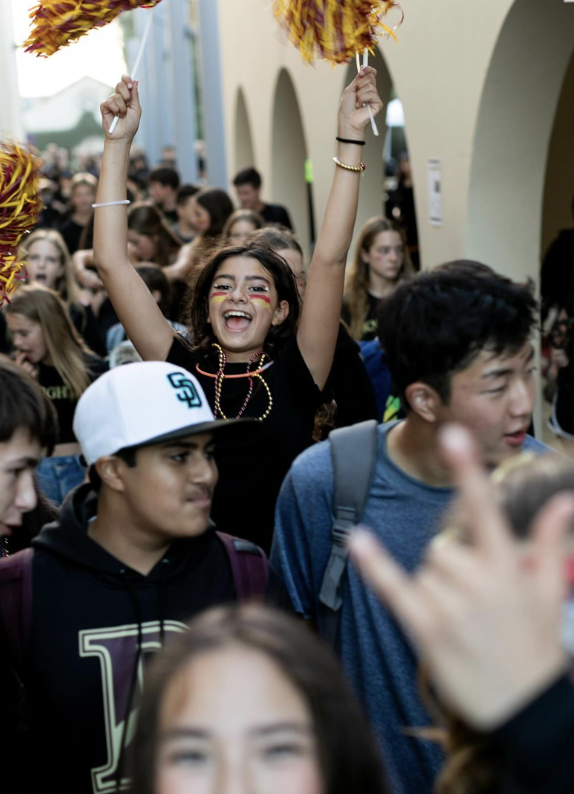


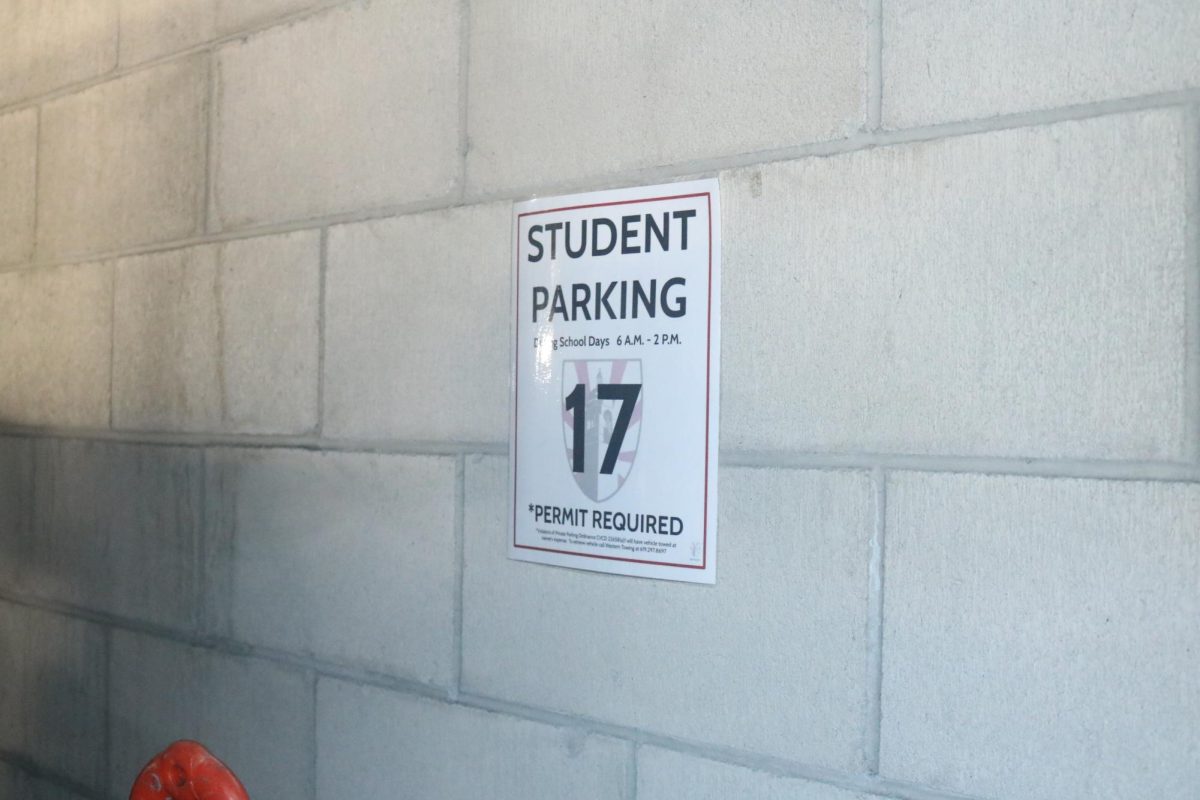
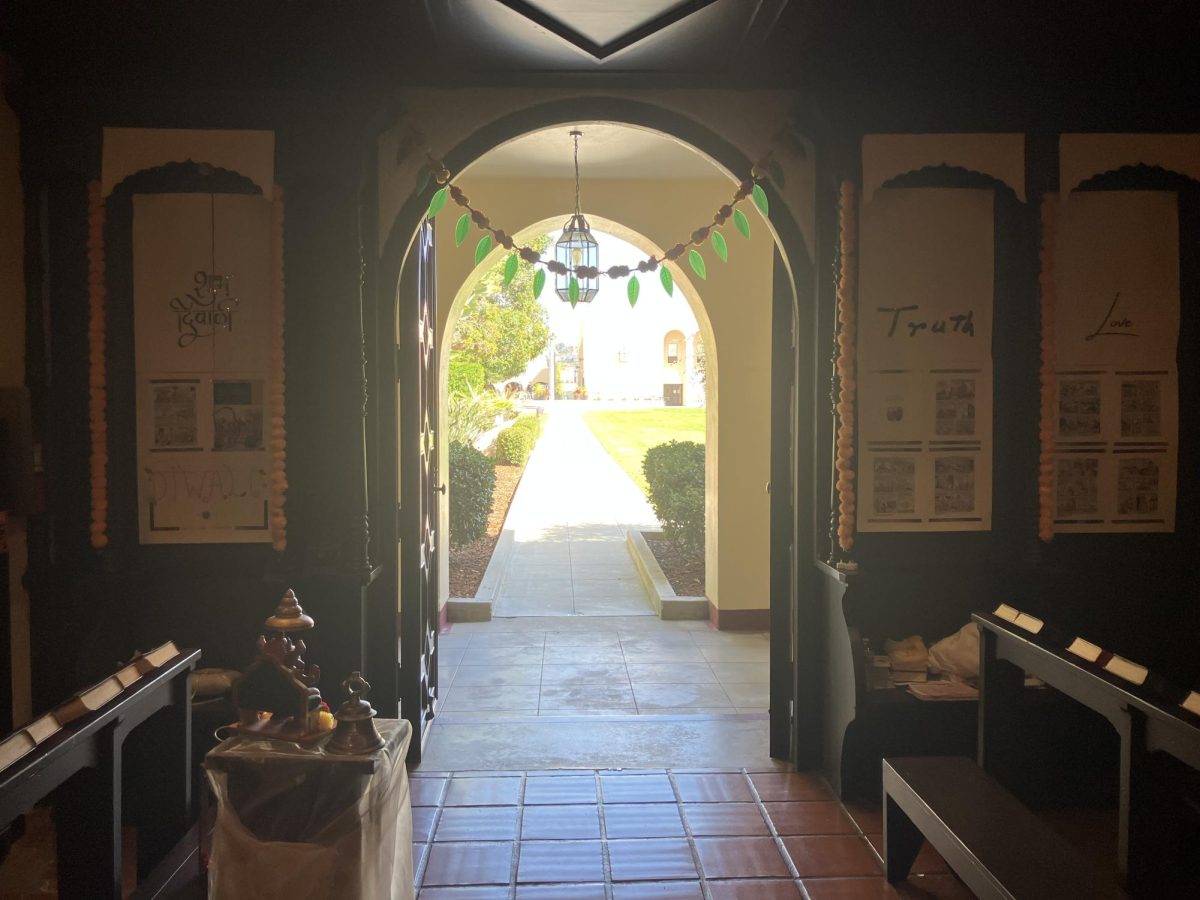

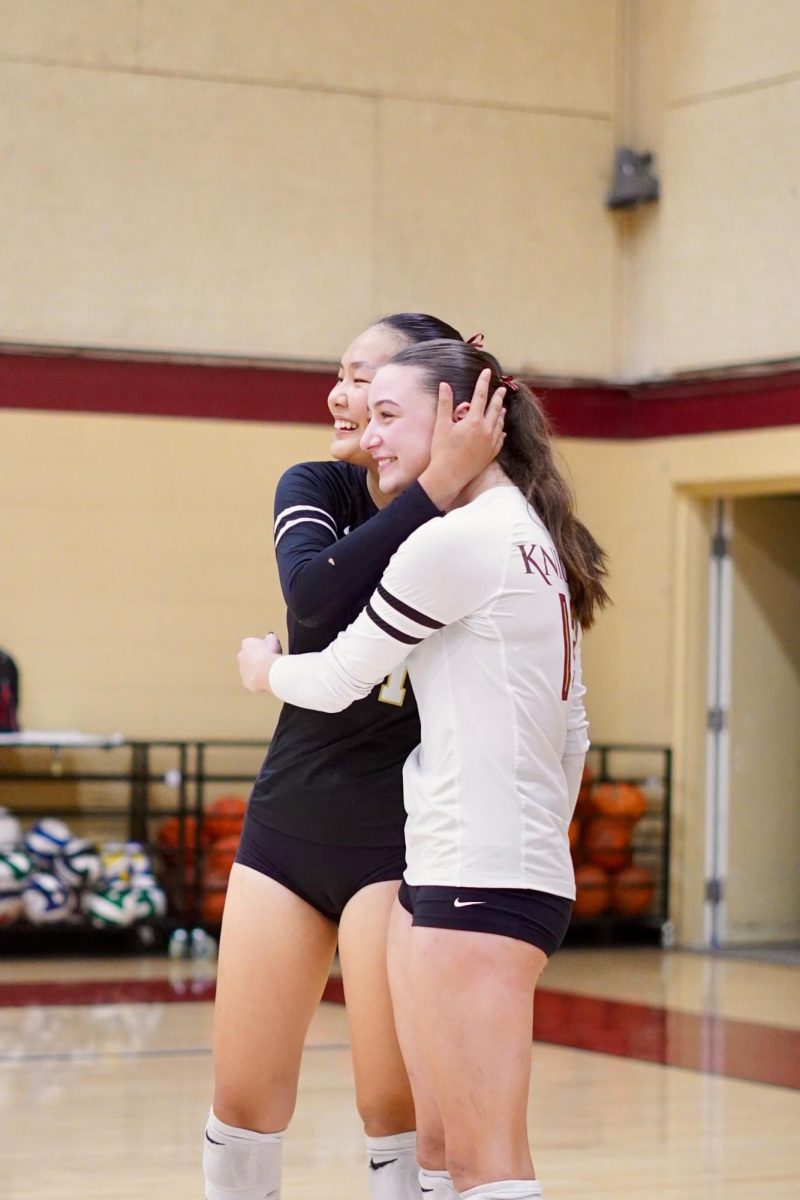
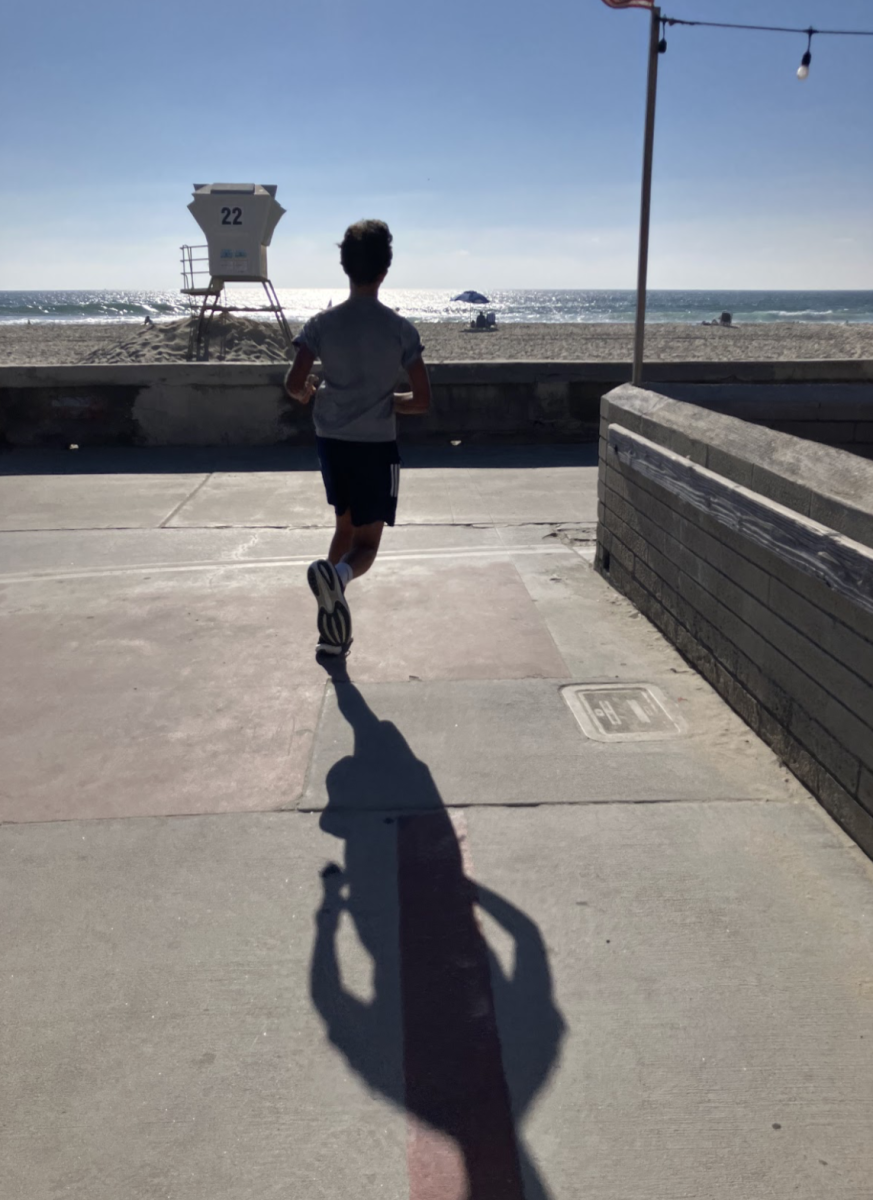
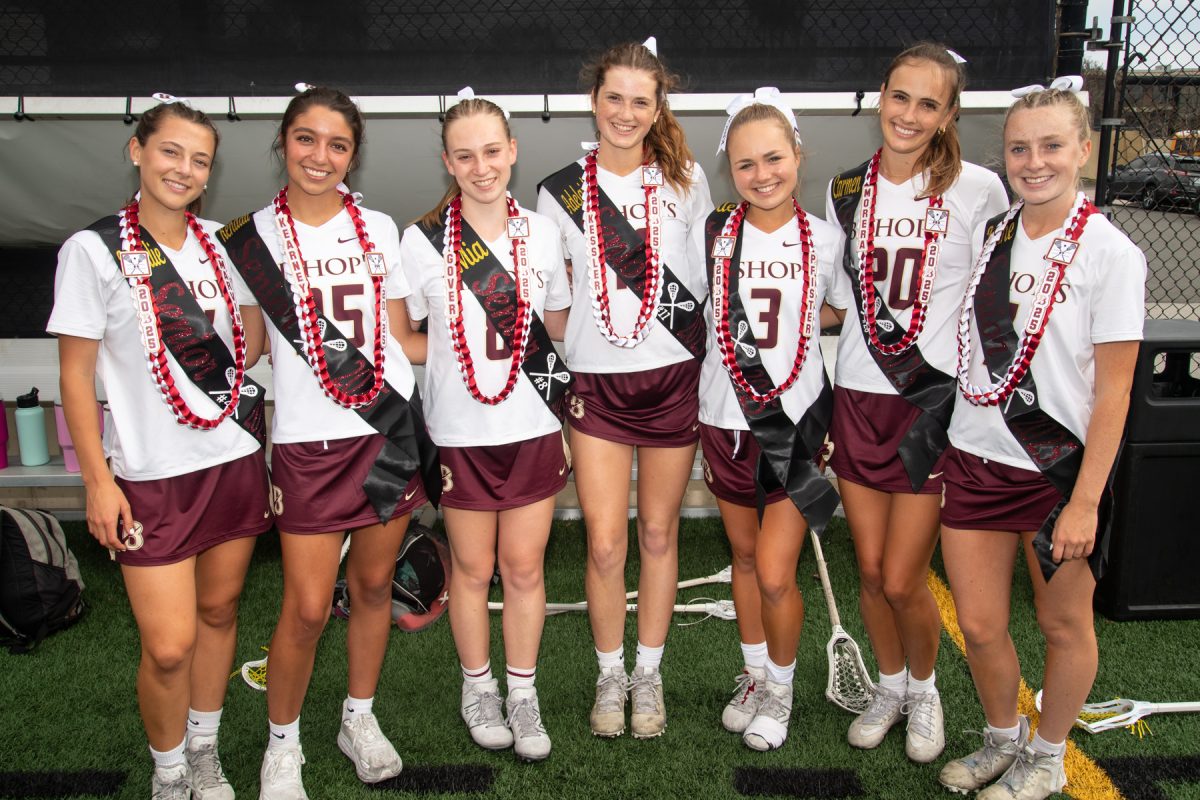
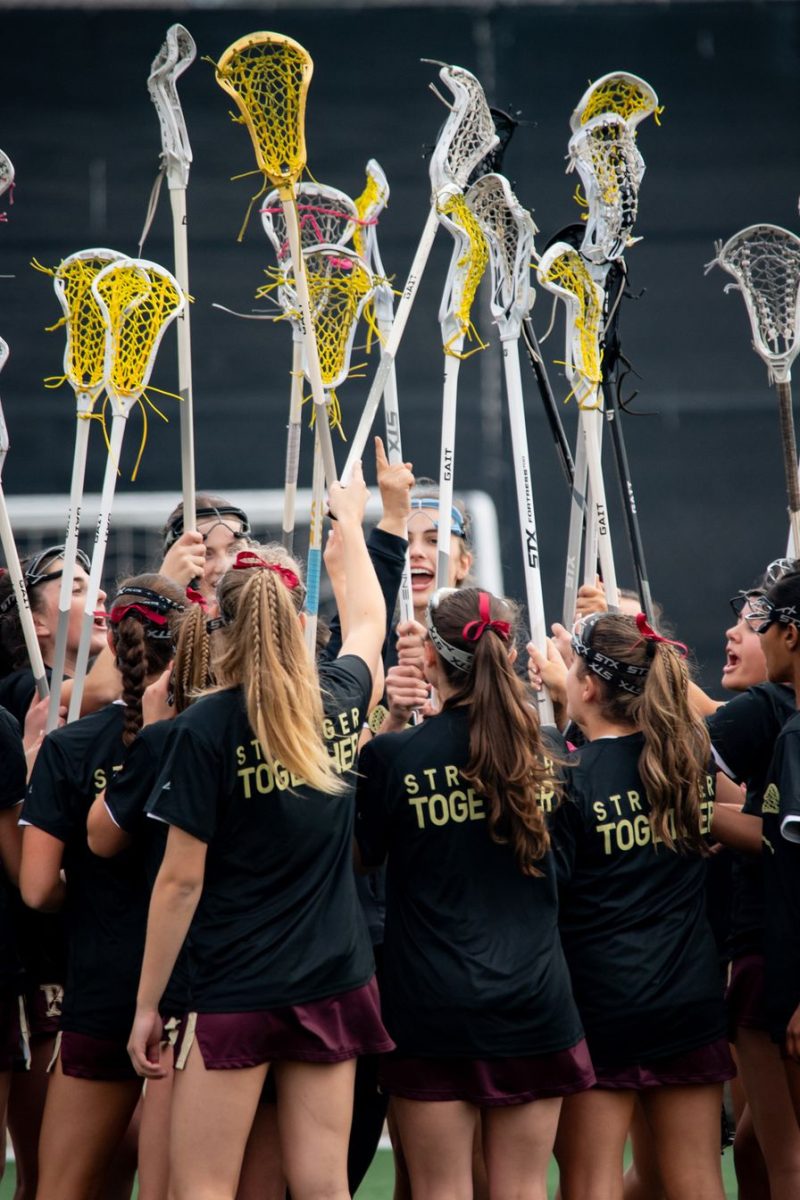
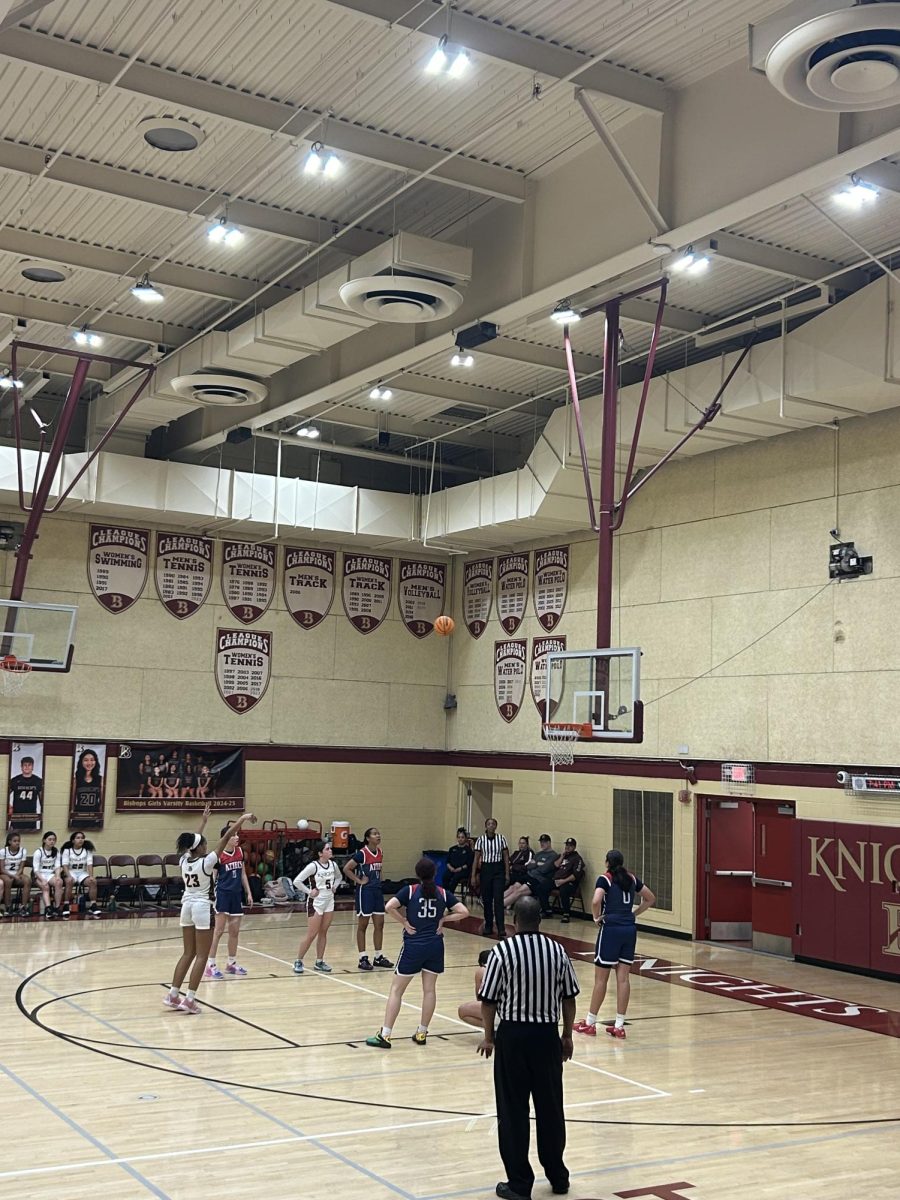
![“I [look forward to] the adrenaline of just competing with your friends and playing a sport that I’ve loved for so many years,” Sydney Mafong (‘26) said. “It’s just unmatched.” The Softball team celebrates a victorious moment in the game against San Diego High School on March 15th during the Torrey Invitational, which Coach Joe “Joey” Moreno called the “first real test of the season” in a Locker Room email and won 10-3.](https://thebishopstower.com/wp-content/uploads/2025/04/Screenshot-2025-03-17-at-21.49.22-1200x1016.png)
